Prevent, alleviate side effects of radiation or radiotherapy
Using C. elegans as an animal model to study radiation-induced bystander effects (RIBE), researchers at the University of Colorado Boulder have identified a highly conserved cysteine protease, cathepsin B, as the first RIBE factor.
Radiation-induced bystander effects (RIBE) refer to a unique process, in which factors released by irradiated cells or tissues exert effects on other parts of the animal not exposed to radiation, causing genomic instability, stress responses, and altered apoptosis or cell proliferation. RIBE is a major factor in determining the efficacy and success of radiotherapy in cancer treatment. RIBE affects and causes damage in non-irradiated cells and tissues, resulting in all sorts of deleterious side effects that include hair loss, fatigue, skin problems, and low blood counts. RIBE can also affect irradiated cells through paracrine signaling and cause resistance of cancer cells to radiotherapy. Until now, there had been no effective way to reduce or prevent side effects caused by radiation and radiotherapy.
Cathepsin B is secreted from animals or cells irradiated with ultraviolet (UV) or ionizing gamma rays (IR) and is the major factor in the conditioned medium that leads to increased embryonic lethality in irradiated animals. Moreover, cathepsin B causes these effects and stress responses at unexposed sites distal to the irradiated tissue. The activity of cathepsin B is regulated by the p53 tumor suppressor gene in response to radiation and appears to act through the insulin like growth factor receptor and its downstream PDK kinase to exert RIBE.
